26th March 2013
HON. DR. RASAK BALOGUN,
THE CHAIRMAN
AD-HOC COMMITTEE ON VICTIMIZATION OF STUDENTS WEARING HIJAB IN LAGOS STATE SECONDARY SCHOOL
SUBMISSION
To the COMMITTEE ON VICTIMIZATION OF STUDENTS WEARING HIJAB IN LAGOS STATE SECONDARY SCHOOLS
Introduction
1. This submission is from MUSLIM PUBLIC AFFAIRS CENTRE, NIGERIA (MPAC)
2. We wish to appear before the Committee to speak on our submission. I can be contacted at:
Telephone : 08035350720
Email: info@mpac-ng.org, admin@mpac-ng.org, communications@mpac-ng.org
3. MPAC is an incorporated public service agency working for Muslim Defense, Muslim Empowerment and for promoting individual liberties, religious, civil and political rights of Muslims. MPAC is equally devoted to promoting the integration of Islam into the Nigerian pluralism, for a positive and constructive relationship between Nigerian Muslims and other elements in the society; building the Nigerian Muslim constituency to become an influential component in the Nigerian politics, at all levels of policy-making arena; and making Islamic ethical values available to the Nigerian political process. As an experienced and independent voice within the Nigerian Muslim community working for the good of the society, MPAC operates on the core Islamic values of justice, mercy, human dignity, freedom, sanctity of human life and equality for all.
General/Summary
4. MPAC supports the use of hijab in all public places (including all public schools) for the following reasons:
RELIGIOUS
The hijab refers to the religious head covering worn by Muslim women. Like prayer, fasting and pilgrimage, certain religious celebrations, dietary and clothing requirements are obligatory practices of the Muslim faith.
Although Islamic religious practices have similarities to elements of other religions, the details of procedure that define what is proper religious practice may differ. In the case of hijab, there are prescribed forms which make it easy to embrace a wide range of forms of hijab in different circumstances and avoid the mistakes of ostracizing or excluding people based on their religious dress code.
The hijab is allowed in all the public schools in the Northern part of the country and in most public secondary schools of all secular states around the world. It is already integrated into the official uniform of the Army and Police force in such great democracies as United States, United Kingdom and Sweden. The hijab has been around for more than 1400 years, it enriches our multiculturalism; it does not threaten our secularism and diversity. These are some of the cardinal benefits of true democracy that we all believed we were struggling to enthrone.
SOCIAL
Students of varying background should feel included, not excluded at school. The only social impact of the discriminatory policy being mooted by the Lagos State administration through the call of the Honourable Commissioner of Education for Muslim parents to relocate their kids to Muslim only schools can only lead to segregation and exclusion. There can possibly not be a worse way of the government to actually teach the kids intolerance, and that they are different, than through such a misguided policy. The lesson the kids will be taking from this is that anyone that looks or dresses different to them are “others”, and those “others” must be excluded. Our public schools must be a haven to teach tolerance and co-existence. What a way to destroy a child’s self-confidence and psyche? This is quite unfortunate at a time that we need to teach and promote tolerance and cohesion through our educational system.
LEGAL, CONSTITUTIONAL, INTERNATIONAL RECOGNITION AND PROTECTION
Such religious expressions are protected by the Nigerian Constitution, which protects the free exercise of religion. Section 38 (1) of the 1999 Nigerian Constitution guarantees this right to practice our religion. It states that “Every person shall be entitled to freedom of thought, conscience and religion, including freedom to change his religion or belief, AND FREEDOM (EITHER ALONE OR IN COMMUNITY WITH OTHERS, AND IN PUBLIC OR IN PRIVATE) TO MANIFEST and propagate his religion or belief in worship, teaching, practice and observance.
Section 42 (1) clearly spells it out that no citizen shall be subjected either expressly by, or in the practical application of, any law in force in Nigeria or any executive or administrative action of the government, to any form of DISABILITIES or RESTRICTIONS by reason of belonging to a particular community, ethnic group, place of origin, sex.
Court Judgments
- The female Muslim students of Kwara State College of Education, Ilorin, Kwara State, won a landmark victory on Monday, 08 May, 2006 in their case against the board of the college which had approved a dress code for students banning the niqob (a form of hijab). The High Court in Kwara State, presided over by Justice Durosinlorun Kawu, ruled in favour of the students and declared that the content of the Article “J” of the school’s new dress code “is unlawful, unfair, discriminatory, unconstitutional, null and void, and of no effect whatsoever”;
- In another landmark judgment on Thursday, November 18th 2008, Judge Olubunmi Oyewole of the Lagos State High Court ruled that ban on hijab was a breach of articles 38 and 42 of the Nigerian Constitution.
Not upholding the rule of law in this case will be perceived, and rightly so, as a definite act of the committee to force the students, their parents and indeed the entire Muslim community to mobilize to secure justice in the court of law. Our first recourse is to seek protection in the work of this Committee.
5. We urge the Committee to uphold the students’ rights to express their religion in a friendly atmosphere and one that is free from any forms of abuse, intimidation, harassment or discrimination. All members of this Committee took an oath to support and defend the Constitution of Nigeria and bear true allegiance to the same. Fulfilling that oath requires each and every member to speak courageously and act firmly on the side of the Constitution. The findings and conclusions of the Committee will allow us to send a clear message that the conduct of those who set upon poor schools girls under their care was wrong and unlawful. It is up to this Committee and the House as a whole to reaffirm the rule of law and, in this particular case, restore hope for a tolerant and diverse Lagos State where promotion of religious freedom and rights are enshrined in official policies.
6. Recommendation
Further, we expect that as a follow up to the conclusions of the hearing, the House will go further to criminalize any and all acts of discrimination against anyone in Lagos, irrespective of religious and ethnic background.
Assurances of my best regards.
Yours truly,
Disu Kamor
Executive Chairman
Muslim Public Affairs Centre, MPAC
Nigeria.
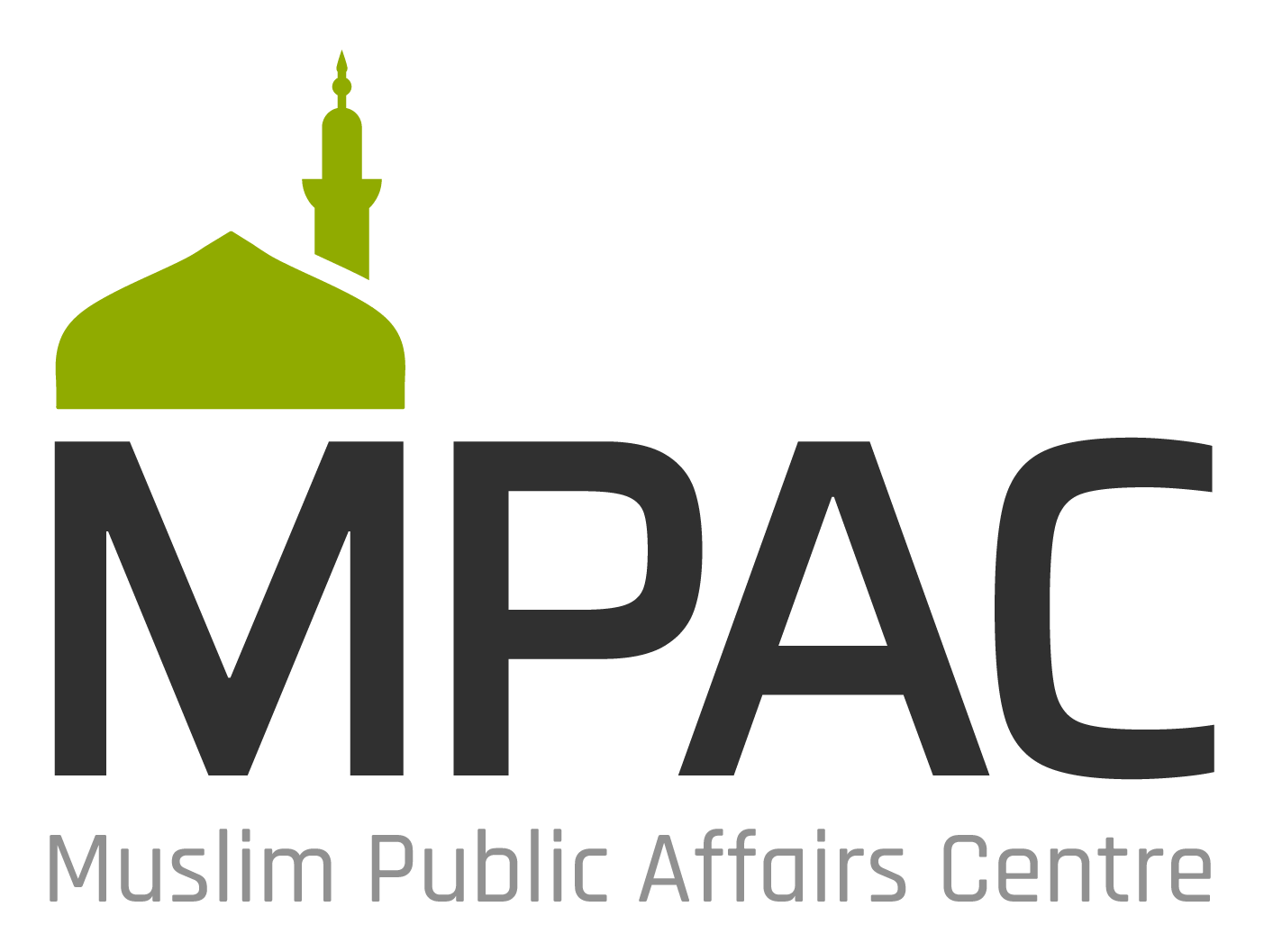

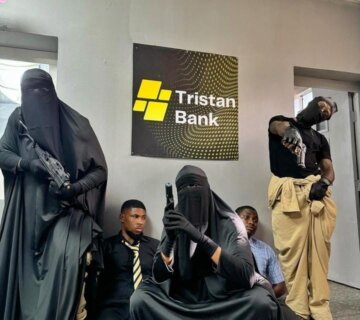
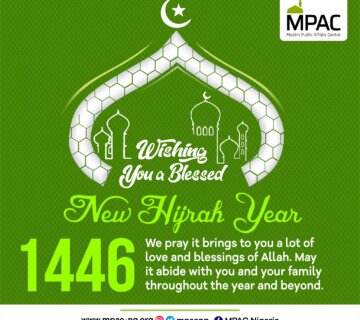

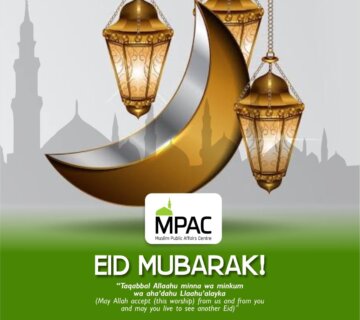
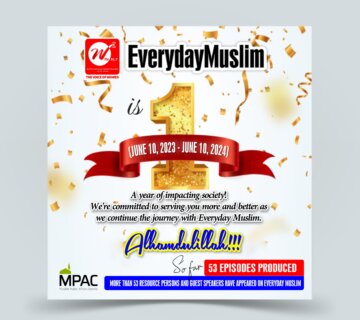
No comment